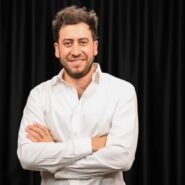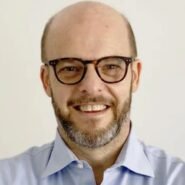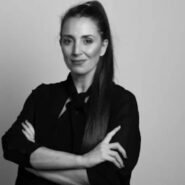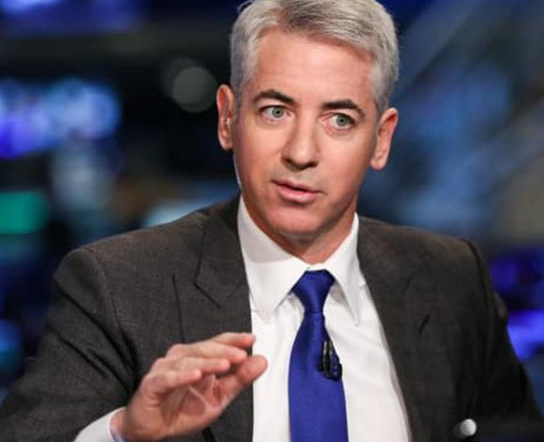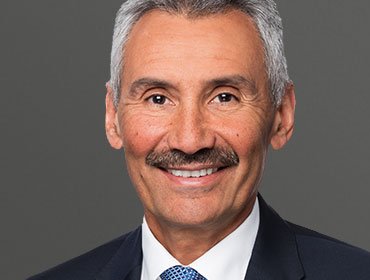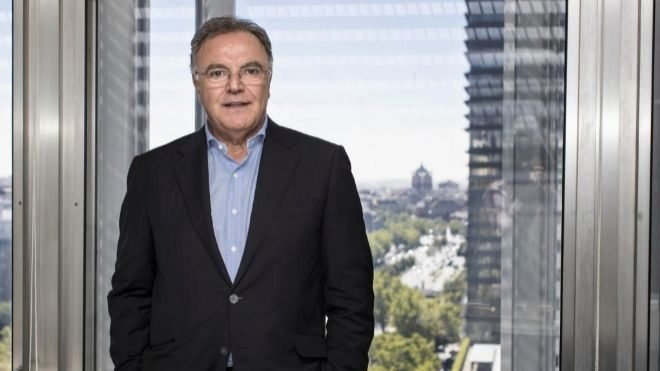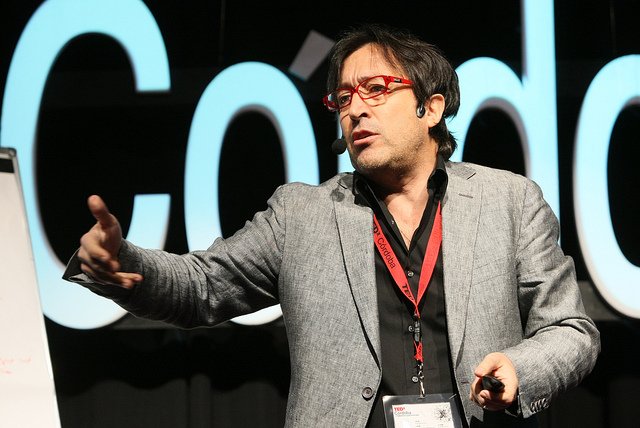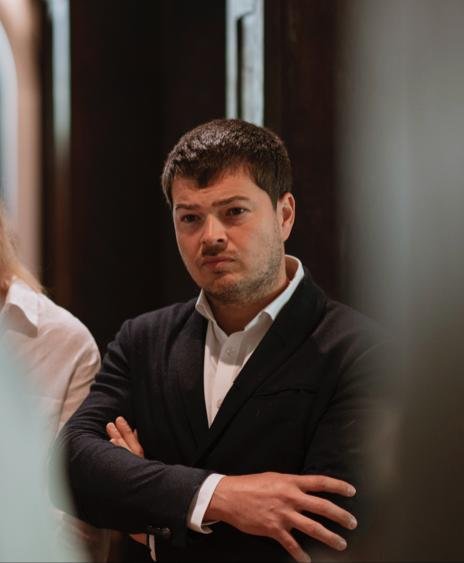William Albert Ackman, born May 11, 1966, is an American investor and hedge fund manager. He is the founder and CEO of Pershing Square Capital Management, a hedge fund management company. His investment approach makes him an activist investor.
Early Life and Education
Ackman was raised in Chappaqua, New York, the son of Ronnie I. (née Posner) and Lawrence David Ackman, chairman of a New York real estate financing firm, Ackman-Ziff Real Estate Group. He is of Ashkenazi Jewish descent. In 1988, he received a magna cum laude bachelor’s degree in Social Studies from Harvard University. His thesis was titled Scaling the Ivy Wall: The Jewish and Asian-American Experience in Harvard Admissions. In 1992, he received an MBA from Harvard Business School.
Pershing Square Capital and Early Deals
In 2004, with $54 million of his personal funds and those of former business partner Leucadia National, Ackman founded Pershing Square Capital Management. In 2005, Pershing purchased a significant stake in the fast-food chain Wendy’s International and successfully pressured the company to spin off its donut chain Tim Hortons. Wendy’s separated from Tim Hortons through an IPO in 2006, raising $670 million for Wendy’s investors. After a dispute over executive succession led Ackman to sell his shares at a substantial profit, the stock price collapsed, prompting criticism that selling Wendy’s fastest-growing unit left the company in a weaker market position. Ackman blamed the underperformance on the new CEO.
In December 2007, his fund held a 10% stake in Target Corporation, valued at $4.2 billion, through stock and derivatives. By December 2010, his funds held a 38% stake in Borders Group, and on December 6, 2010, Ackman indicated he would finance a $900 million buyout of Barnes & Noble.
Madoff, Merkin, and Legal Matters
In a panel meeting on Bernie Madoff in January 2009, Ackman defended his old friend Ezra Merkin, saying: “Has Ezra committed a crime? I don’t think so,” and “I think he’s an honest, smart person, an interesting person, a smart investor.” In April 2009, Merkin was sued for civil fraud by the state of New York for “secretly funneling $2.4 billion in client funds to Bernard Madoff’s Ponzi scheme without their permission.” A settlement was reached in June 2012 requiring Merkin to pay $405 million to victims, including the Metropolitan Council on Jewish Poverty.
Investment Style
A study published by the University of Oxford characterized Ackman’s actions with Canadian Pacific Railway as emblematic of “engaged activism,” which is longer-term in nature and correlated with real economic benefits—distinct from short-term “financial activism.”
Ackman has stated that his most successful investments have always been controversial, and that his first rule of activist investing is to “make a bold call that nobody believes in.”
Ackman’s investment style has been both praised and criticized by U.S. government officials, other hedge fund managers, various retail investors, and the public at large. He gained attention for his power struggles involving Canadian Pacific Railway, and his stakes in Target Corporation, Valeant Pharmaceuticals, and Chipotle Mexican Grill. From 2012 to 2018, Ackman maintained a $1 billion short position against the nutrition company Herbalife, which he claimed was a pyramid scheme disguised as a multi-level marketing firm. His campaign was documented in the film Betting on Zero.
After weak performance from 2015 to 2018, Ackman told investors in January 2018 that he would return to basics by cutting staff, ending time-consuming investor meetings, and hunkering down in the office for research. As a result, Pershing Square delivered a 58.1% return in 2019, which Reuters described as “one of the best-performing hedge funds in the world” that year.
Ackman has said he admires short sellers such as Carson Block of Muddy Waters Capital and Andrew Left of Citron Research.
